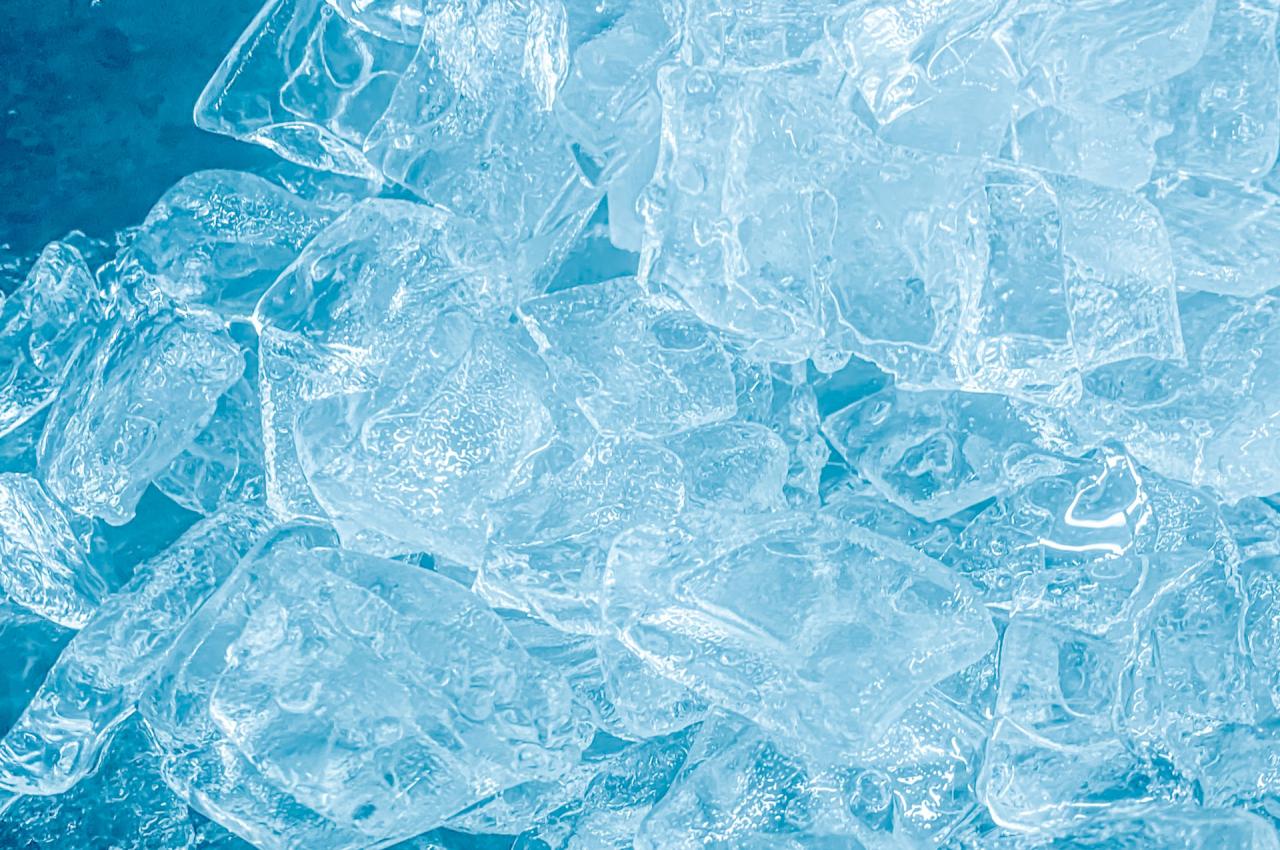Does Chewing Ice Hurt Your Teeth?
Chewing ice might feel refreshing in warm weather, but it can damage your teeth. While occasionally biting an ice cube is unlikely to result in significant harm, making it a habit can lead to significant dental problems over time.
Many people chew ice because it feels refreshing, but frequent cravings might indicate a deeper cause. In some cases, craving ice may be linked to dehydration, as letting ice melt in the mouth can help alleviate the sensation of a dry mouth. Most notably, a strong and constant urge to chew ice is sometimes associated with iron deficiency anemia or other underlying health issues.
From a dental perspective, chewing ice can be risky. Ice is extremely hard, and regularly biting down on it can damage the enamel, which is the tough outer layer of the teeth. This habit can cause tiny cracks, chips, or even fractures. Once the enamel is damaged, it exposes the dentin underneath, which can make teeth sensitive to hot, cold, or sweet foods.
Even more concerning, chewing ice can crack or loosen fillings, crowns, or other dental work, often requiring additional treatments. Furthermore, chewing ice can exert excessive force on the jaw’s muscles and joints and has been linked to signs and symptoms of temporomandibular disorders (TMD).
More specifically, research shows that frequently crushing ice is associated with muscle sensitivity and pain in the temporomandibular joint region. Over time, this habit may harm the muscles used for chewing and negatively affect jaw function.
While it might be satisfying in the short term, regularly chewing ice can have long-term consequences. Weakened enamel, chipped teeth, damaged dental work, jaw strain, and increased sensitivity are potential outcomes.
If quitting the habit is difficult, especially if you crave ice daily, it might signal an iron deficiency or another medical issue worth addressing. Meanwhile, replacing ice with less harmful options, such as cold water or softer alternatives, can help protect your smile.
Aikaterini Papathanasiou is professor and chair of the Comprehensive Care Department, Tufts University School of Dental Medicine.
Latest Tufts Now
- On the Road to Quantum ComputingTufts is part of a team that received a $4 million National Science Foundation grant to advance design of a quantum computer for complex scientific research
- New Kosher Dining Options Uplift Jewish Student LifeUndergraduates and alumni celebrate a comprehensive new menu of hot kosher meals served at Dewick-MacPhie Dining Center
- Yes, It’s Safe to go to the Dentist When You’re PregnantIn fact, good oral health contributes to better outcomes for mothers and babies
- One in Three Young Adults Skip the Dentist, and That’s a ProblemA new study reveals how barriers to oral health differ across generations, putting young adults at greater risk for future health problems
- The Darker Side of CollaborationA Fletcher School professor unpacks why partnerships often falter and what it takes to build alliances that last
- The Big Cover UpArtist Beverly Semmes’ oversized dresses and painted-over photographs anchor a career-spanning exhibition of the alumna’s work













